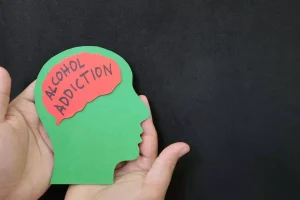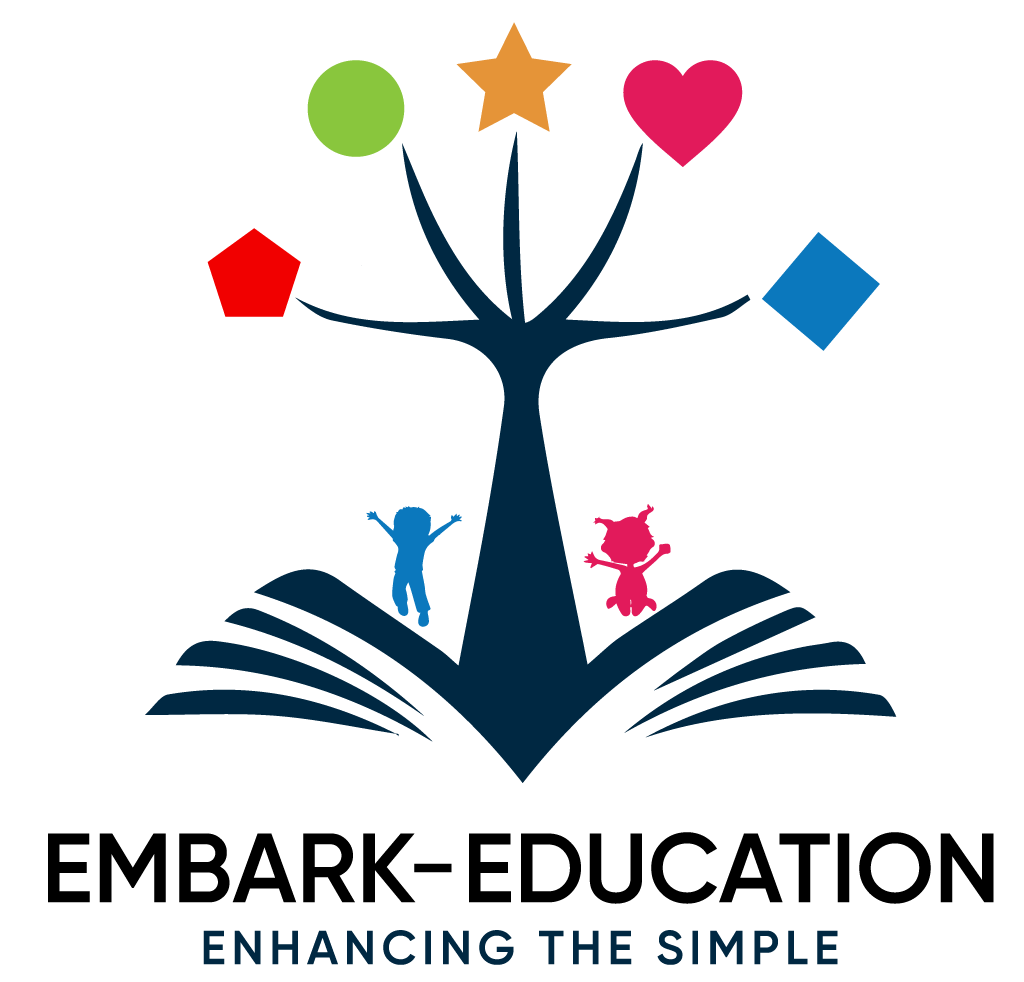
Living amends are an ongoing demonstration of changed behavior and involve concrete actions like keeping promises and actively working on personal issues related to past wrongdoings. By making all the amends, you show your dedication to a new way of life, especially in instances where someone has passed on or amends can not be made for safety or legal reasons. Step 9 is about repairing relationships and includes actions such as apologizing to those harmed or making positive contributions to the community. It is put into practice through face-to-face interactions to address and mend the damages caused directly, head-on.

Apologize (Sincerely)
Whatever the situation, there are a few ways drug addiction treatment to get started in the process of repairing wrongs with the people you most care about. Another example is a substance or alcohol-addicted adult child who regularly steals money, jewelry, and other valuable items from their elderly parent’s home. However, they may suddenly feel guilty and decide to change their ways.
- Another instance where making direct amends may not be a good idea is if admitting your wrongs could jeopardize your freedom, which could hurt your loved ones.
- Each program is designed to exceed industry standards and provide the highest quality care.
- Our team of experienced and compassionate therapists and counselors guides clients through every step of the recovery process.
- For example, contacting someone you’ve harmed may exacerbate their distress, especially in severe cases like drunk driving.
Take Responsibility
For example, we might intend to go to a friend’s birthday party, but in actuality, we fail to show up for the event. While we might apologize later for missing the party, our apology consists of words rather than actions or changed living amends meaning behavior. And those words ring hollow when we repeatedly break our promises. This ongoing nature of making amends can lead to self-healing by alleviating the stress tied to previous behaviors, potentially averting relapse. At Pillars Recovery, helping you heal from your substance use disorder is our primary goal.
- It’s possible that the other person is unaware of the harm you have caused them, and making direct amends would make them aware and hurt them badly.
- Sometimes, it’s necessary to make amends to employers or co-workers.
- When first writing your list, don’t worry about including everyone you have wronged.
- Talking with your sober community about your history with drugs or alcohol can help you identify what you need to make amends for.
Explore our addiction and mental health services for ages 12-25
- To fix broken relationships, you have to put a lot of effort into making things work.
- However, you can still take action in all of these situations to satisfy the spirit and the intent of Step 9 and progress in your step work.
- Engagement in mutual-help groups like AA can provide crucial assistance, helping individuals stay grounded.
- Making direct amends to those harmed is the focal point of the Ninth step in the 12-step process.
When a person has died, you can still make amends for your actions. Although, you’ll have to find a different way to do so and in a way that makes a lasting impact on you and the people you love who are still here. Fear of confronting past actions can lead to avoiding making amends altogether.

The outcome of making amends doesn’t always end in relationships picking up where they left off, but the process is cathartic and necessary to move on. Making amends is vital for the recovery journey as it helps us recognize the harm we have caused and take responsibility for our actions. This process is not about seeking forgiveness but about holding ourselves accountable and striving to make things right with hurt people from our past without regard for our own egos or self-interest. By compensating the people we have hurt, us in long term recovery can begin to mend the ruptured relationships and rebuild trust while staying sober. The purpose of Step Nine is to acknowledge the harm caused during active addiction and to make it right with the people involved, as much as possible.
Ways to Help a Loved One After Addiction Treatment

It highlights the essential work of aligning one’s actions with values, moving away from past behaviors, and towards a meaningful and forthright way of living life sober. Another instance where making direct amends may not be a good idea is if admitting your wrongs could jeopardize your freedom, which could hurt your loved ones. However, if after talking with your sponsor you decide to proceed anyway, make sure you have spoken to your family especially if you are the head of the household or primary source of income. Also, it may not be a good idea to make direct amends if it could potentially stir something up. It’s possible that the other person is unaware of the harm you have caused them, and making direct amends would make them aware and hurt them badly. There is much for you to be proud of as you approach the three-quarter mark of your recovery steps, but these can feel like precarious steps.



